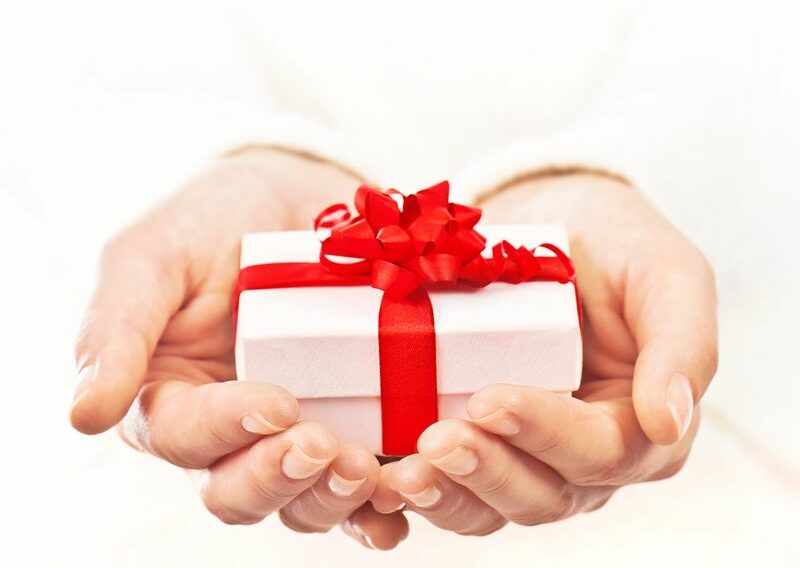Keeping Score of Kindness

It was early in the morning as I was walking through the plane aisle. I was grumpy from plane delays and feeling pain radiate from my back (somewhat chiding myself for using a backpack to travel rather than a suitcase). As I found my seat, I glanced at the overhead compartment sighing at the inevitable next step which involved upper arm strength that I was sorely lacking. With wobbly arms, I held coffee in one hand and, with the other weary arm, I tried to lift my backpack above my head. Surely I looked pitiful and as if I was losing an arm wrestling match with the orange hiking backpack, an elderly man seated on my left smiled at me and offered, “want me to hold your coffee for you?” I paused for a second and noticed my initial urge was to immediately say no. My whole body resisted the proposal. I thought I can do this myself and besides my coffee is incredibly precious to me. This surprised me and I asked myself “Do I truly believe this elderly man has ill intentions in holding my coffee for me?” So, I instead turned to him and said, “thanks, that would be great” with an eyebrow wag and a somewhat embarrassed smile. After I finished putting my bag into its place victoriously and my coffee was returned (safely I may add), I pondered, “what was my resistance to his benign gesture of kindness?”
Time for some self-enquiry:
Did I believe he would do something malicious? No energy there.
Is this that thing about being a tough female who doesn’t need a man’s help? Nothing changed inside me as I opened myself to this question.
Is it something about feeling obligated in return? My skin started to crawl and my face got hot.
There is something here about being aloof and not wanting to feel obligated to chit chat in return.
Ah, so what do I need to learn about feeling in debt when accepting kindness from others?
This is a humbling area for me as I’ve found being in the position of accepting kindness from others involves vulnerability. It reminds me of a previous time in my life when a homeless man who I sometimes chatted with during my morning dog walk said with excitement that he bought me a present. I remember feeling so self-conscious in the moment and had tremendous difficulty accepting the gift (without even giving him something in return). It occurred to me in that moment that accepting kindness is much more difficult for me than giving kindness. I had this belief that I should be giving him things. A large part of me felt very uncomfortable breaking the rules of “fairness” by taking a gift from a person who had less possessions than myself. Oftentimes I think the value of fairness can get in the way of allowing ourselves to practice the humility of depending on and being cared for by others. It was a new revelation for me that maybe kindness was letting a homeless man give me a gift and to take it with gratitude and warmth rather than try to make the world fair in that moment.
I have found myself discussing this concept with my overcontrol clients who love to prioritize the value of fairness above all others. Does kindness need to be fair? And what does it mean if I have difficulty accepting kind actions from or depending on others? It is quite often that my overcontrol clients struggle with accepting help from others and sometimes even assume the worst or are suspicious of the other person. Often there is a mental tally of checks and balances in their relationships; this imaginary whiteboard of how many sacrifices I make for you versus how many you make for me can even become competitive to be in the power up position by not owing anyone any favors in life. Now hold up there, isn’t there some benefit to noticing if both people are sacrificing in a relationship? Absolutely! Healthy relationships involve mutual dependency and both people making self-sacrifices. However, the trying to make self-sacrifices equal can be both exhausting and absent of the feeling of warmth towards each other. We can become so worried about levelling the score that we forget that the gestures come from a place of caring about the other person.
Many overcontrol clients experience the world as unsafe and people as untrustworthy. It seems easy to keep this confirmation bias that people always take advantage of other people if we block ourselves from experiences of relying on others and accepting their help or generosity without automatically trying to make the situation fair again. The more I allow myself to drop my guard and be cared for by others, even in small ways, the more I find I trust that other humans for the most part want to feel safe and secure just like me and have truly warm intentions when they choose to offer help. As the holidays approach, I think about all of the rituals around gift giving and traditions around kind actions that surround Christmas. It is a great opportunity to notice our personal habits around receiving gifts from others and see if there is any resistance to allowing ourselves to experience kindness from other humans without keeping score.